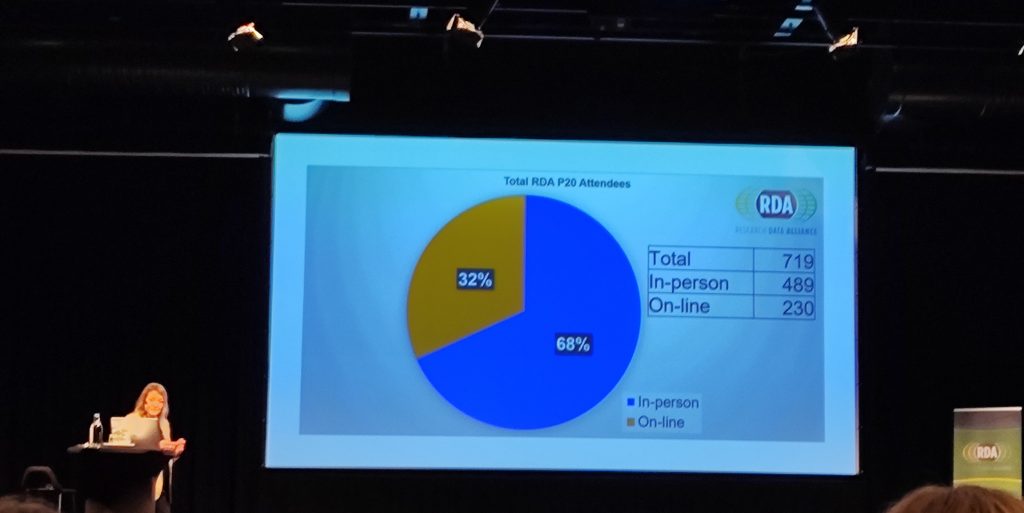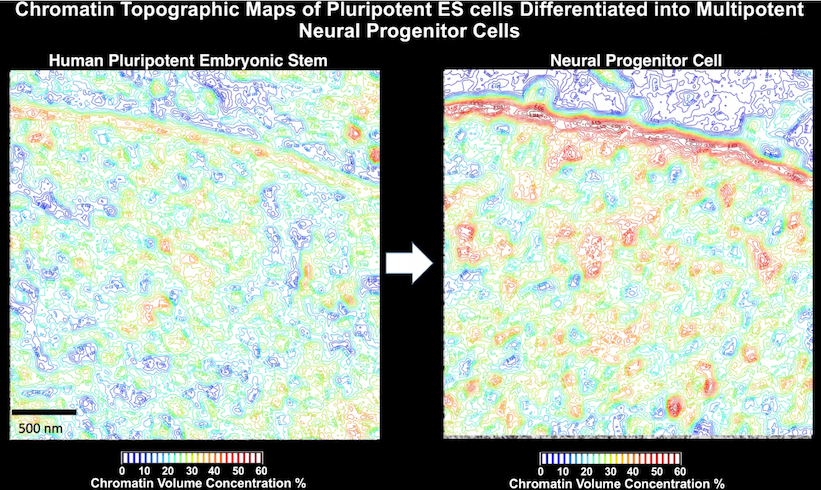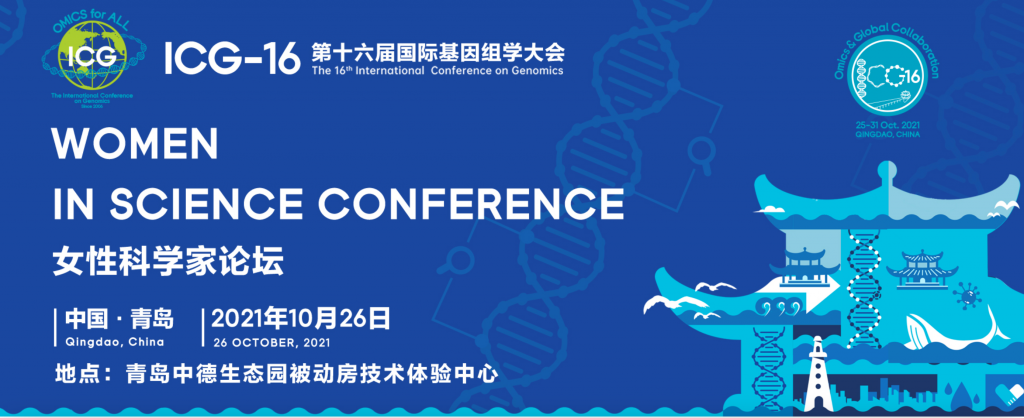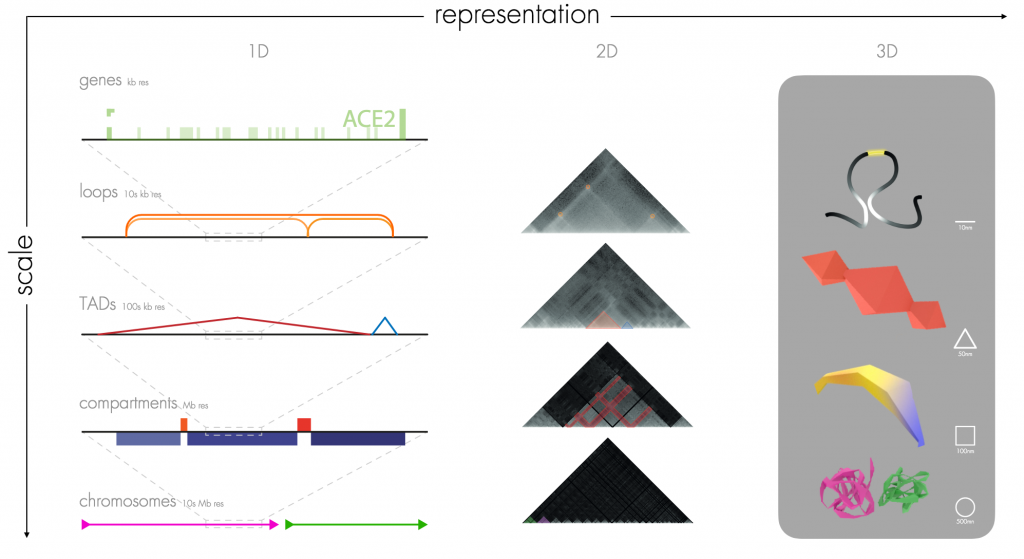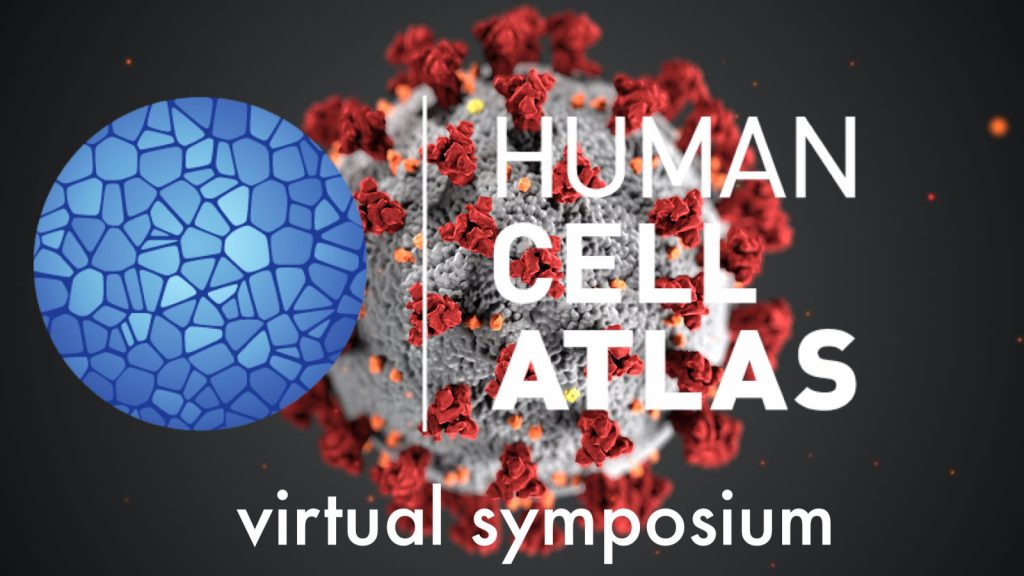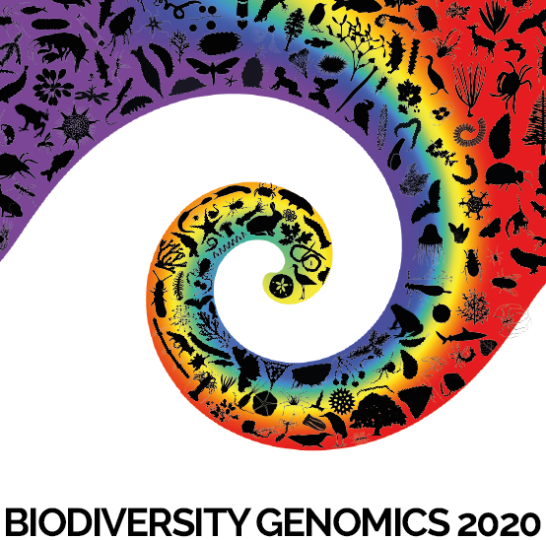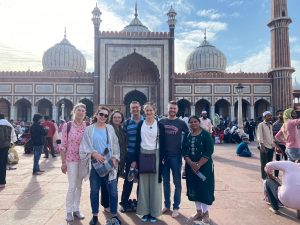
The Annual International Biocuration Conference (AIBC) was held for the first in India, at the Indian Biological Data Centre (IBDC), Regional Centre for Biotechnology (RCB), Faridabad and co-hosted by the Department of Plant Molecular Biology, University of Delhi South Campus. As usual, GigaDB had representation at the event (see write-ups of many previous meetings here), Mary Ann Tuli and Chris Hunter. Both of whom were wearing two hats!

